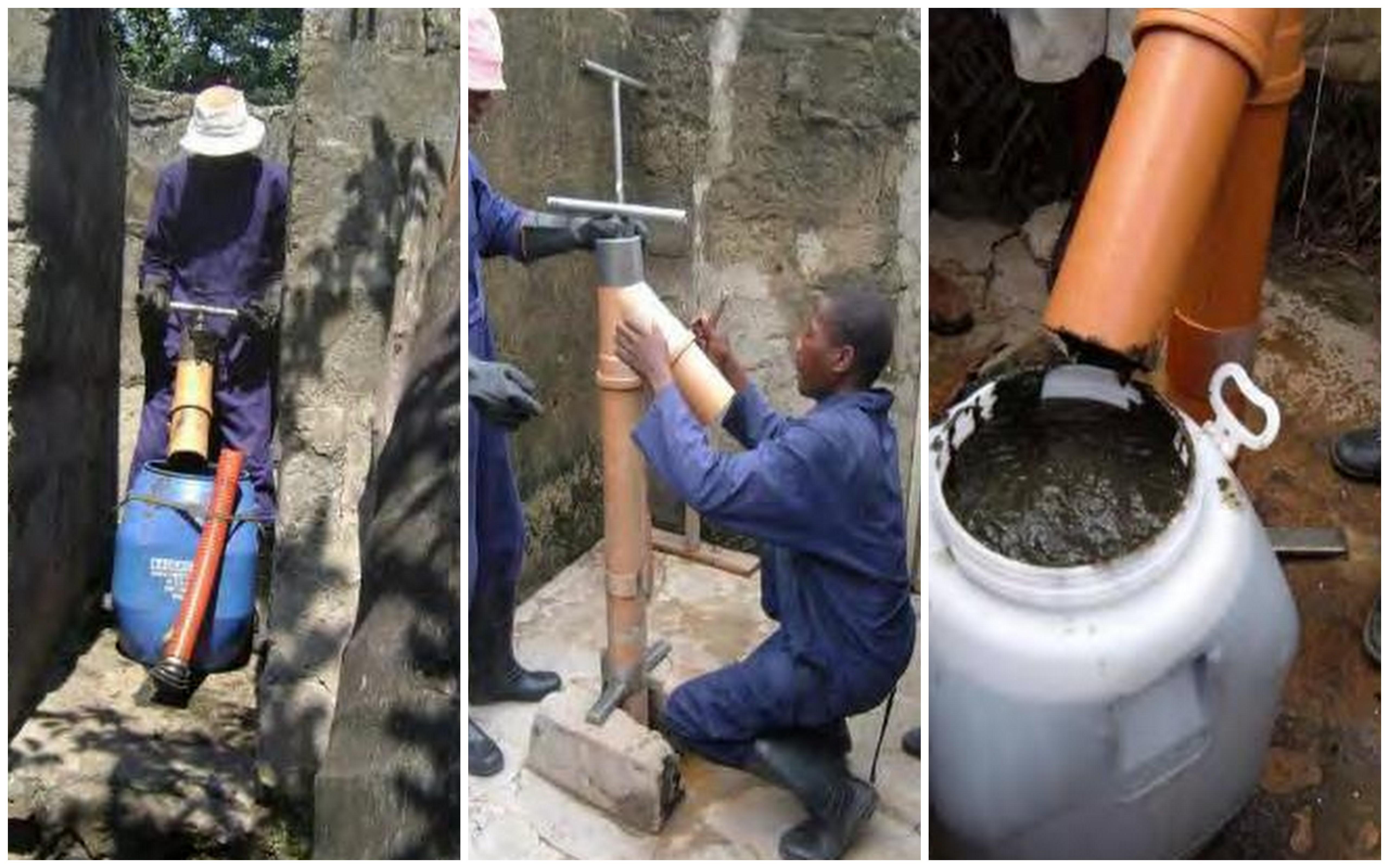Sanitation in Dar es Salaam

About
This research, led by the University of California Davis in collaboration with the London School of Hygiene & Tropical Medicine, examines sanitation conditions among the urban poor in Dar es Salaam and the extent of unsafe, unhygienic and inadequate sanitation facilities and practices based on data collected in an extensive survey of residential demand for sanitation services across 35 unplanned low-income subwards in Dar Es Salaam in 2008 from 660 randomly sampled residential properties. It documents the range of on-site facility designs, fecal sludge management practices, the functional state of facilities, and usage, sharing, cleaning, operating, and maintenance practices and costs across the study areas of Dar. It also measures access to hygienic fecal sludge management services and existing pit emptying methods, preferences, frequency and costs; the motivations, facilitators and barriers to hygienic pit emptying among the urban poor in Dar are identified; variations in preference for pit emptying method in terms of sanitation facility design, access to services, and income; and the determinants of demand for and willingness to pay for new hygienic pit emptying service.
The study was conducted through an equity lens, exploring the relationship between indicators of household situation and wealth (e.g. household income, expenditures, occupancy type, gender of household-head, tenancy, neighbourhood access conditions), levels of investment made in current sanitation facilities, and access to, expenditures and costs of hygienic pit emptying.
